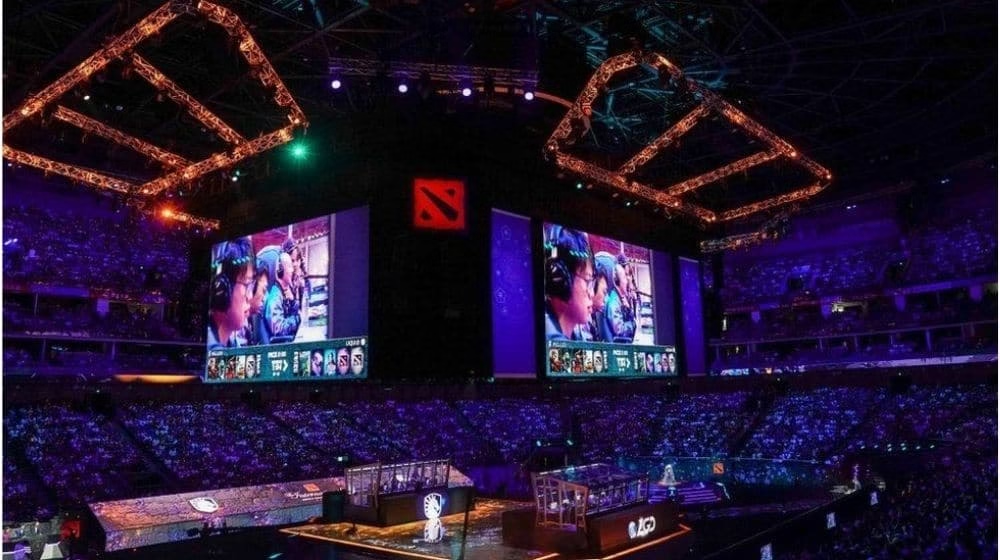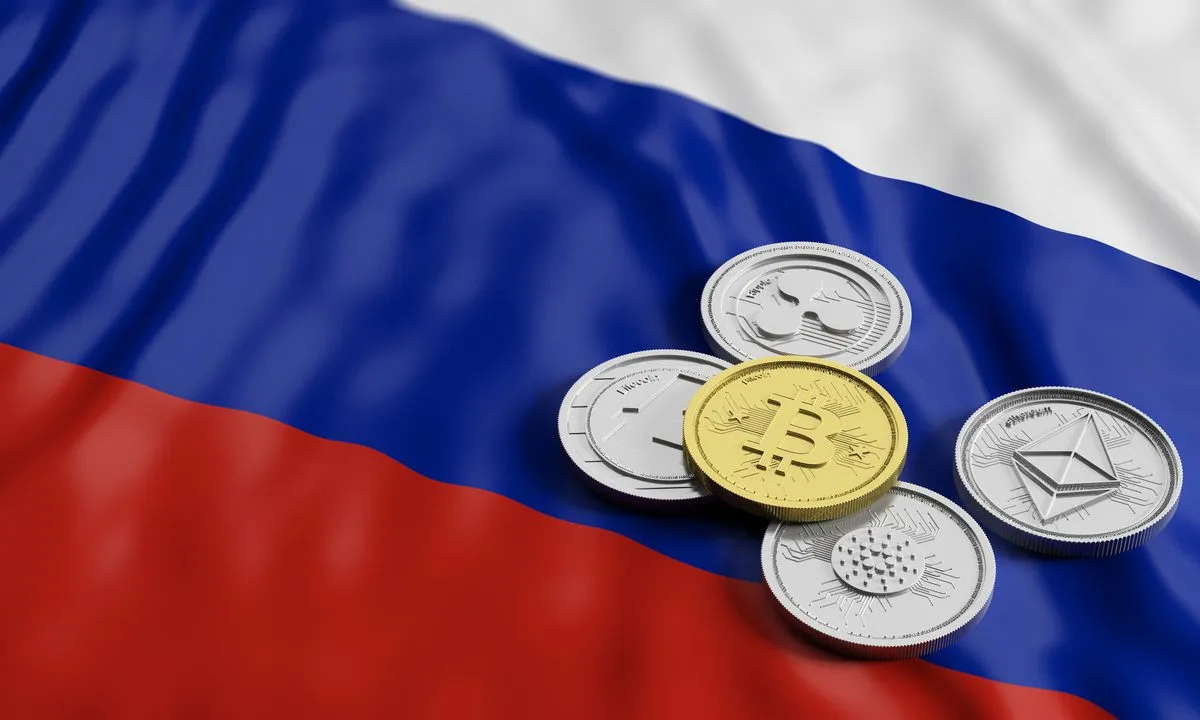In a landmark move for the country’s digital future, the government has announced plans to launch the Pakistan esports policy and establish a national esports federation. This initiative marks a major step toward recognizing and supporting the rapidly growing gaming industry, which now includes over 60 million gaming enthusiasts across Pakistan.
The introduction of the Pakistan esports policy reflects the government’s commitment to developing the digital economy and empowering the country’s youth through technology and innovation. By providing a formal framework for players, developers, and organizations, the policy aims to transform Pakistan into a regional esports hub capable of competing at an international level.
According to an official press release, Rana Mashhood Ahmad Khan, Chairman of the Prime Minister’s Youth Program, emphasized that esports has become a multibillion-dollar global industry. He noted that the Pakistan esports policy is designed to open new avenues for young people to explore careers in competitive gaming, event management, game development, and digital content creation.
The youth of Pakistan are immensely talented, and the government wants to ensure they have the right platform to showcase their skills, Khan stated. With the introduction of a structured esports policy, we aim to integrate this fast-growing sector into our national innovation and technology agenda.
Under the Pakistan esports policy, the government plans to establish a national federation that will oversee the regulation, promotion, and standardization of esports in the country. This body will be responsible for organizing official tournaments, facilitating international participation, and ensuring fair play and transparency across competitions.
The move comes at a time when Pakistan’s gaming community has already begun to make a mark on the international stage. From Tekken professionals like Arslan Ash, who has earned global recognition, to the thriving PUBG Mobile scene, Pakistani gamers have demonstrated exceptional talent and competitiveness. Officials believe that the Pakistan esports policy will help institutionalize this success by providing training facilities, scholarships, and sponsorship opportunities for aspiring players.
In addition to competitive gaming, the policy also focuses on creating opportunities for game developers and creative professionals. With support from the government, developers will gain access to training programs, mentorship, and financial resources to create locally developed gaming content that reflects Pakistani culture and creativity.
Khan also highlighted that the Pakistan esports policy aligns with the broader digital vision of Prime Minister Shehbaz Sharif, which focuses on innovation, entrepreneurship, and youth empowerment. The esports industry represents the future of entertainment and technology. By supporting it now, we are investing in a generation that will define Pakistan’s digital economy, he said.
Industry experts have welcomed the government’s decision, noting that a formal Pakistan esports policy could help attract international sponsors, investors, and gaming companies to the country. The establishment of an official federation would also make it easier for Pakistani players to participate in global tournaments and secure professional recognition.
Moreover, the policy is expected to address challenges such as infrastructure gaps, lack of funding, and limited access to professional training. The government aims to develop dedicated esports arenas, training centers, and digital hubs across major cities, allowing gamers to practice, compete, and collaborate in a professional environment.
Pakistan’s digital transformation efforts have gained momentum in recent years, with a growing number of young people entering fields such as coding, digital marketing, and content creation. The Pakistan esports policy complements these efforts by recognizing gaming as a legitimate profession rather than just a recreational activity.
Esports has become one of the fastest-growing industries globally, offering vast opportunities in streaming, event management, and digital entrepreneurship. Countries like South Korea, Japan, and the United States have already built strong esports ecosystems, generating billions in revenue and employment opportunities. With the introduction of the Pakistan esports policy, the government hopes to follow a similar path and position Pakistan as a key player in the global gaming economy.
The policy will also encourage collaboration between the public and private sectors to organize tournaments, attract sponsorships, and promote digital literacy. Universities and colleges may soon offer esports-related courses, providing formal education and career pathways for those interested in joining the industry.
As the Pakistan esports policy moves closer to implementation, optimism is high among players and fans alike. For many, this represents more than just government recognition—it’s the beginning of a new era for gaming in Pakistan. By integrating esports into national development plans, the country is taking a forward-thinking step toward digital inclusion and global competitiveness.
The launch of the Pakistan esports policy signifies a transformative moment for the country’s youth and technology sectors. It not only validates the passion of millions of gamers but also lays the foundation for a sustainable esports ecosystem that can generate jobs, investment, and innovation. With structured support and vision, Pakistan is well on its way to becoming a major force in the international esports arena.


